$300m wages blow to Queensland budget
The Queensland government faces a yearly hit of hundreds of millions of dollars to its budget bottom line after nurses, teachers and police secured big wage rises.
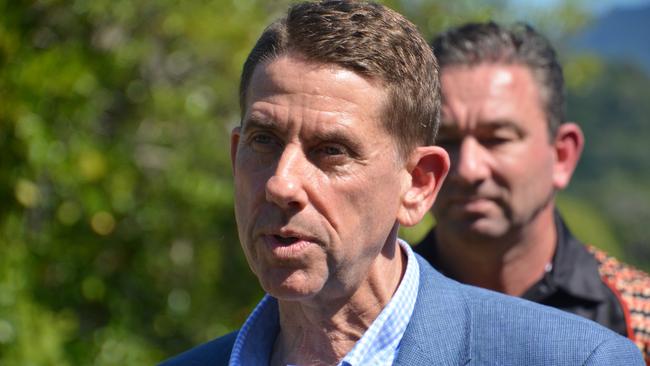
The Queensland government faces a yearly hit of hundreds of millions of dollars to its budget bottom line after nurses, teachers and police secured big wage rises and a promise to be paid extra superannuation for shift work.
Powerful unions representing much of the state’s 250,000-strong public service have been offered salary increases of 4 per cent a year for two years, and 3 per cent for the third year of new pay deals – a significant rise on the government’s usual 2.5 per cent salary policy.
The government’s offer follows months of negotiations with the unions, as 24 public sector certified agreements expire this year, including deals for police, nurses, teachers, hospital workers, paramedics and firefighters.
Treasurer Cameron Dick’s recent budget fine print warned that, for every percentage point wage rates rose above 2.5 per cent, it would cost taxpayers about $300m each year.
The government’s wage bill – its single biggest expense – is already forecast to top $30bn this financial year. But after this latest round of industrial negotiations, the government will also have to fund a cost-of-living wage top-up for workers, which would see extra salary increases to match inflation (up to an additional 3 per cent) each year, and more superannuation paid on shift work, including nights and weekends.
A spokesman for Acting Treasurer Stirling Hinchliffe said the superannuation boost could cost about $400m in the first year and had been provided for in the budget.
“The superannuation change is not the subject of bargaining, but has been a longstanding request of public sector unions such as the Queensland Nurses and Midwives Union and the Queensland Police union,” he said. “The budget also includes provisions for wages outcomes currently under negotiation. Accordingly, no additional revenue streams are proposed.”
Queensland’s wage offer eclipses a recent deal for NSW public services workers, in which Premier Dominic Perrottet announced the wage cap would be hiked from 2.5 per cent to 3 per cent this financial year, and up to 3.5 per cent in 2023-24.
In Victoria, most public servants are on enterprise agreements with average pay rises of 2 per cent.
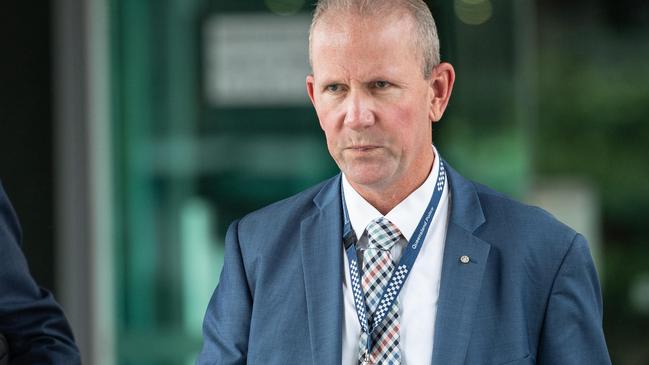
Negotiations are still continuing with Queensland unions, but some – such as the QNMU – have sent the government’s offer to their members to consider.
The Australian understands about two-thirds of Queensland’s nearly 13,000 police officers are paid shift allowances that equate to about one-third of their income. But, currently, they are only paid superannuation on their base salary, not the extra shift allowances.
Police officers in Queensland are paid 18 per cent superannuation because they’re required to retire at 60.
The new sweetener from the government would mean an increase of an estimated $100m in superannuation paid to police each year.
Queensland Police Union president Ian Leavers said the organisation had long advocated for super to be paid to police on all their shift work, called ordinary time earnings.
“With allowances and shift penalties comprising of a third of most police officers’ salaries this now means that most police will increase their superannuation by approximately 33 per cent,” Mr Leavers said.
“I estimate this will be an increase in superannuation contributions by the government for police of almost $100m a year.”
The QNMU – whose enterprise agreement expired at the end of March – told its members the boost to superannuation payments was a “huge win and will make a significant difference to the retirement savings of nurses and midwives”.
Members were also told the Queensland government had increased its pay offer, making it a better deal than their southern counterparts were getting in NSW.
“This is a significant improvement from the government’s initial 2.5 per cent (wage rise) offer, which positions us well beyond the offers being presented to our NSW nursing and midwifery colleagues,” the nurses union said.
“After multiple rounds of strike action, nurses and midwives in NSW have been offered 3 per cent.”


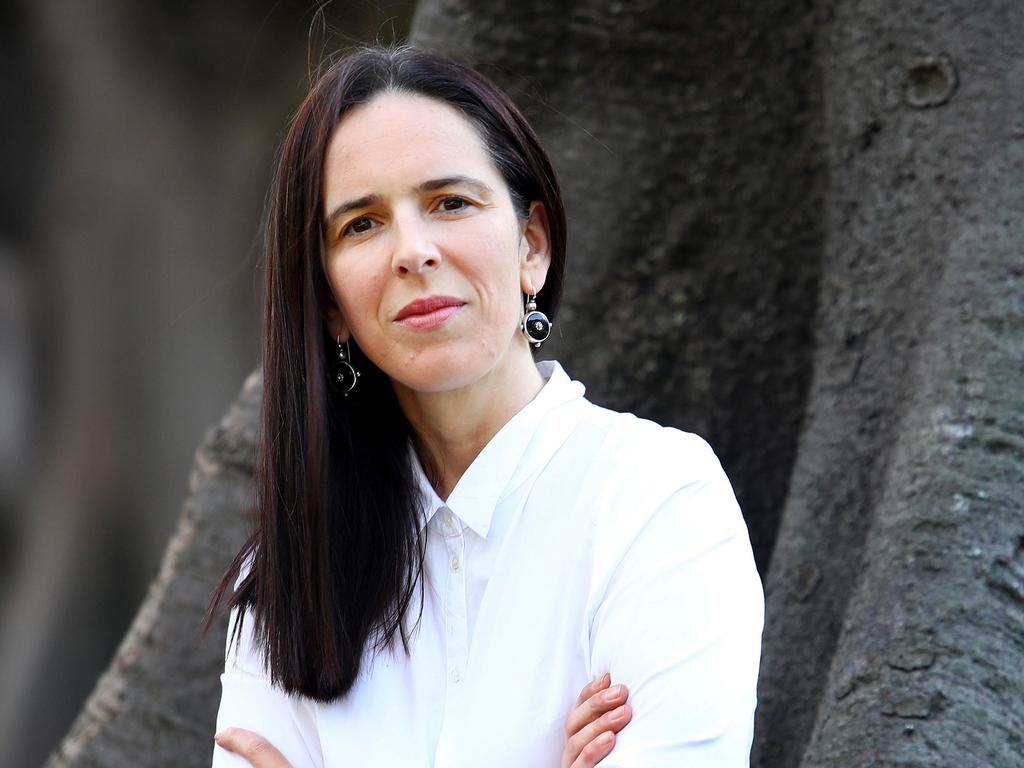
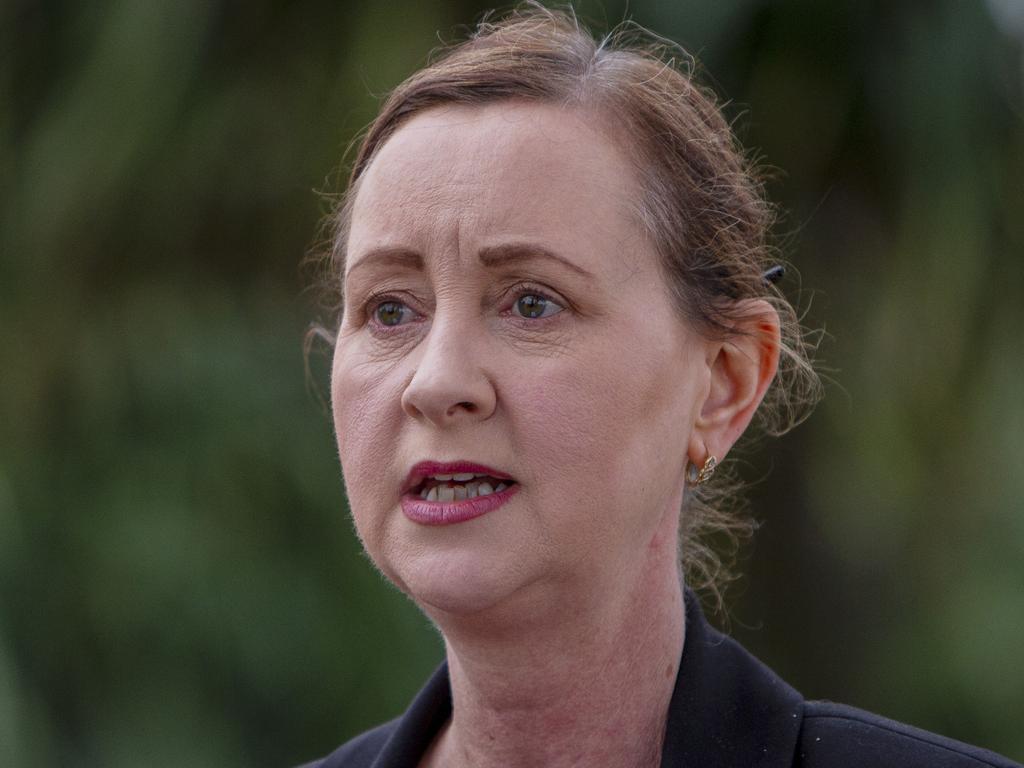
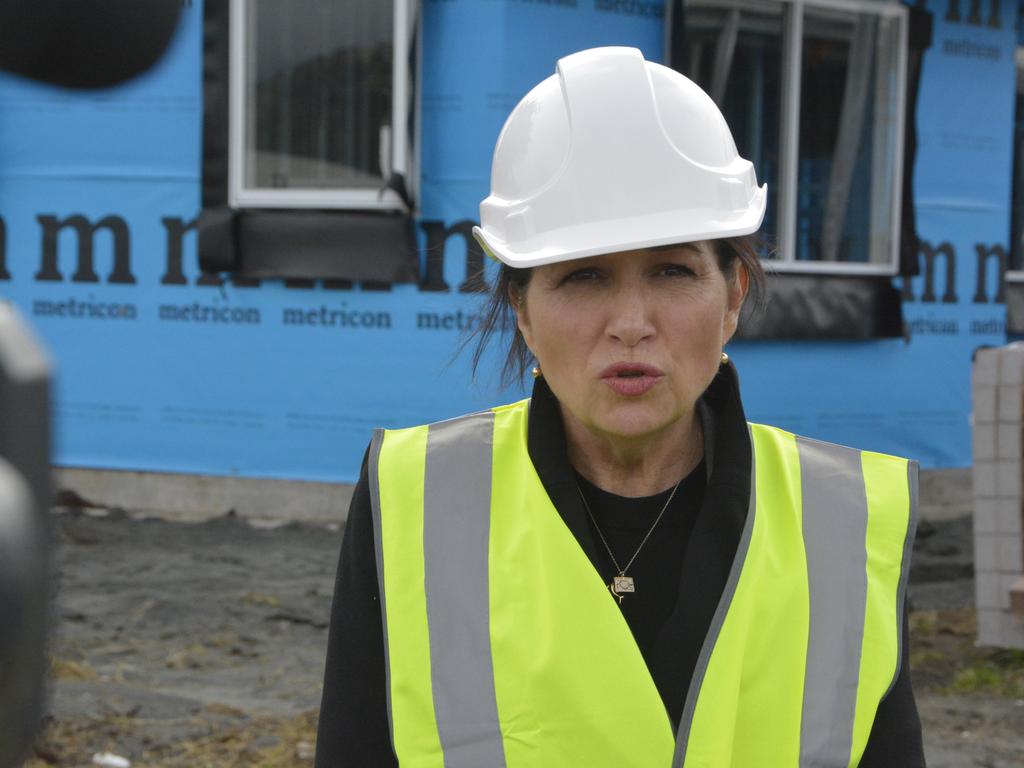



To join the conversation, please log in. Don't have an account? Register
Join the conversation, you are commenting as Logout